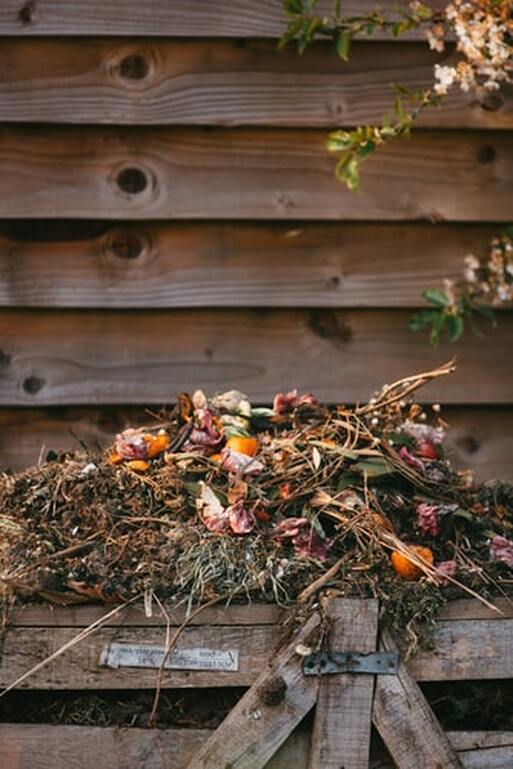|
It is very rewarding to grow your own veggies and to have showy flower beds! Utilizing compost is a great way to create thriving gardens and increase the porosity of your soil and give you the gardens you have always wanted! Through composting you enhance your garden’s ability to grow healthy plants while reducing your volume of trash.
Compost strengthens the soil food web, which is made-up of microscopic bacteria and fungi, along with earthworms, insects and many other life forms. Fungi form mutually rewarding partnerships with plant roots, making it possible for vegetables to feed themselves more efficiently. The addition of composted materials also improves soil physical properties, such as tilth, infiltration, drainage and water-holding capacity. Compost is decomposed organic matter. It can be made from leaf/grass debris, food scraps, manure from animals or other organic materials. It can be bought or you can make your own. The key is to ensure that it cannot be distinguished from what it once was! If your product still has distinguishable items (banana peels, manure clods, etc.) in it, key nutrients like nitrogen will be used to break down this material instead of being available to the plants. For example, if large quantities of uncomposted leaves are incorporated into the soil, microbes will compete with plants' roots for soil nitrogen during leaf decomposition. This competition for nitrogen can result in nitrogen deficiency and poor plant growth. Composting breaks down organic materials into an end product that increases the availability of essential minerals, such as potassium and phosphorous, to growing plants and reduces the competition for nitrogen. Composting at Home Composting at home is a great way to keep food wastes (non-animal) products out of our landfills and it is fairly easy to do! You need to make sure that you have a good ratio of “greens” or nitrogen and “browns” or carbons and is much like a recipe. It is referred to as the C/N ratio. The C/N ratio refers to the amount of carbon ( C ) and nitrogen ( N ) in materials that are added to a compost pile. The preferred C/N ratio is 25 to 30 parts carbon to 1 part nitrogen. Materials categorized as "brown," such as straw, contain more carbon than nitrogen and have higher C/N ratios than "green" materials such as fresh green grass. A compost pile will decompose faster at lower C/N ratios, with more green material, however, much of the nitrogen used by decomposers as energy will be lost more quickly and will need to be replenished. If too much brown material has been added to the pile, the pile will decompose slowly. Acceptable items to compost: "Green" materials
What not to include in the pile
For most efficient composting, use a pile that is between 3 feet cubed and 5 feet cubed (27-125 cu. ft.). This allows the center of the pile to heat up sufficiently to break down materials. Smaller piles can be made but will take longer to produce finished compost. Larger piles can be made by increasing the length of the pile but limiting the height and the depth to 5 feet tall by 5 feet deep; however, large piles are limited by a person’s ability to turn the materials. You may also want to have two piles, one for finished compost ready to use in the garden, and the other for unfinished compost. For questions regarding Warren County Soil and Water Conservation District programs and/or technical assistance on water or soil questions, visit http://warrenswcd.com or call, 513-695-1337.
2 Comments
|
Details
Warren County SWCD Staff BlogA blog to keep you informed on all the latest news at Warren County SWCD and in the conservation world. Archives
May 2024
Categories
All
|
|
|
Contact:PHONE: (513) 695 - 1337
EMAIL: [email protected] HOURS: Monday - Friday 7:30am - 4:00pm (except holidays) Connect:Warren County Soil & Water Conservation District Copyright © 2016
Warren SWCD Privacy Notice. Emails are serviced by Constant Contact. Constant Contact's Privacy Notice. |

